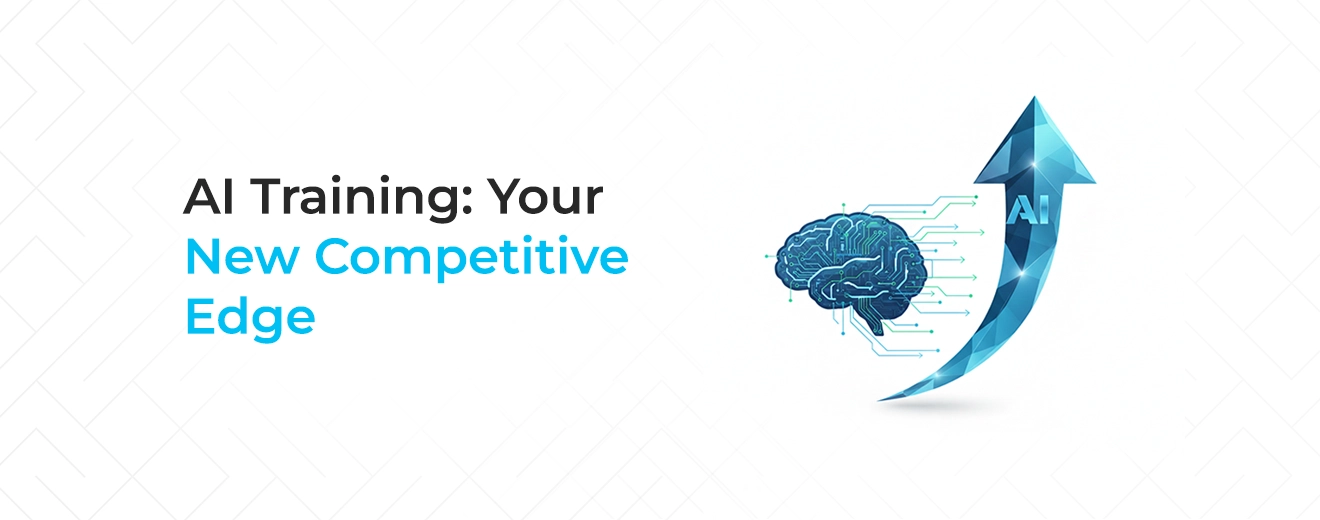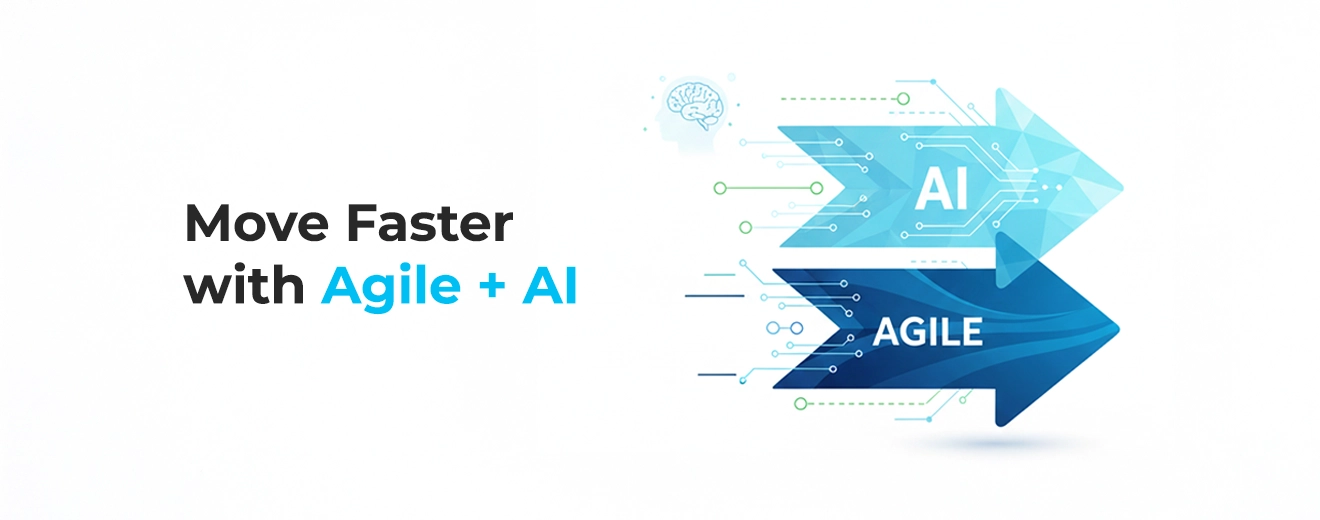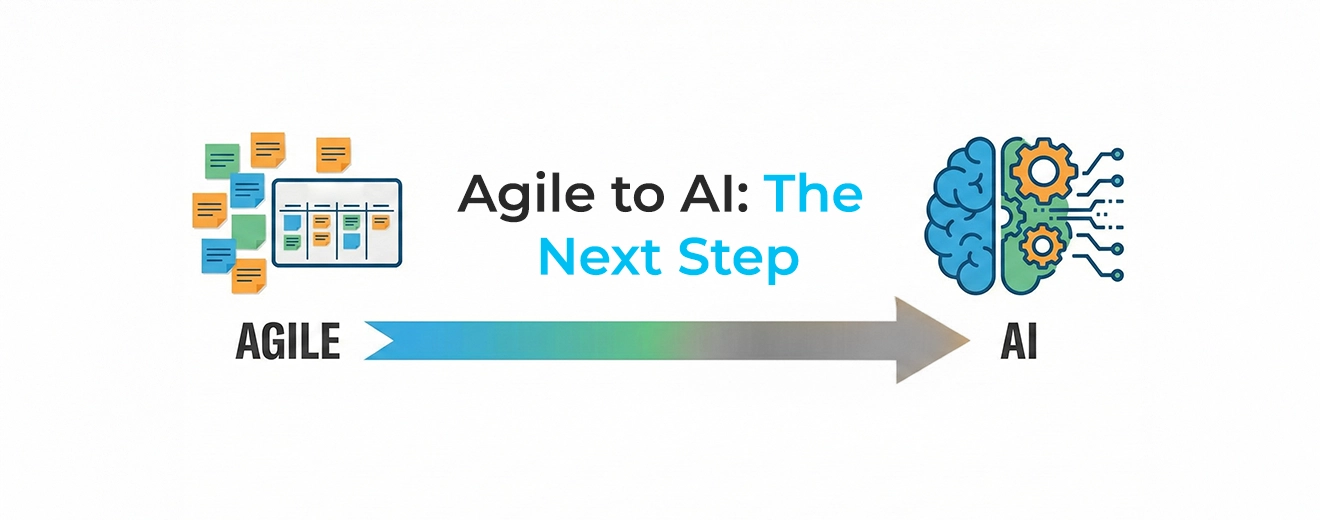Indonesia’s booming economy (and it going digital) is one of the reasons why corporate startups are mushrooming in Indonesia.
I’m a thinker. Most of my day, ideas fly through my brain. Oftentimes I think about my own goals, aspirations, and why I do what I do. Here’s what my brain worked on today.
Half a year ago I was invited by Telkom Indonesia to speak at their ‘Amigo’ event. The central theme of the event was innovation for Indonesia. Telkom has started an innovation program called ‘Amoeba’ three years ago. Since then, dozens of internal startups have popped up. Some of them have even launched their new products and services to the market. I’ve heard that some of them even generate a profit.
The spirit of this event made me think about what I’d been doing the past year since I moved to Indonesia. I moved here in 2016 and saw that enterprises were just starting with their agile transformations. I started a consultancy to help people adopt the agile mindset and agile practices. For me, Agile has always been about leadership, about a new way of organising companies. My strong belief is that in today’s knowledge economy, we must trust and empower our people. Leaders should become ‘lazy’; instead of instructing people what they should do and then check on whether they do it (correctly), leaders must become mentors. They facilitate the work. They find out how they can get more (productivity, profit, happiness) from their people.
Agile has a focus on ‘existing business’. Usually companies start an agile transformation in the IT department. Step by step, we train and coach teams to use scrum to build software. Sometimes, Agile grows beyond IT when companies embark on an ‘enterprise agile transformation’. They use the same ideas of cross functional teams, delivering value incrementally, while keeping everything transparent, to organise work in other departments. Sometimes even across departments (when squads become cross-departmental teams).
But in most of the Agile work I do, there is one missing component: entrepreneurship. To me, an entrepreneur is someone who has a vision to create something new and then (immediately) starts running to make that vision reality. Someone who spots business opportunities, who sees what’s broken and what can be fixed. Someone who has the audacity to act on that vision, gathering his own courage, people and money, to bring his vision to the world.
And that’s what I see Telkom has added to the mix: intrapreneurship. Corporate startup founders.
In discussions with them after the conference, I realised this should be the direction of my efforts to help Indonesian companies. And that has become the basis of my ‘why’: I see that Indonesia is booming today. Later than most countries in the West, Indonesia is going digital on a very large scale. Startups come up everywhere to disrupt industries and serve people better. Corporates are all embarking on a digital transformation to launch new products.
I am passionate about entrepreneurship. I love encouraging people to go out and ‘just do it’. I know what it takes to start and scale. Helping Indonesia and specifically the larger enterprises, start ‘corporate startup programs’ to empower those young entrepreneurs to ‘just do it’.
Now, most startups are started by the truly entrepreneurial types. People who go out ‘on their own’ to realise their product vision. They find co-founders, try to raise funding (or not, like me), gather a team and start building their product. Opposite to these people, most enterprises start their digital transformation, top down. Oftentimes, one of the big 5 is hired, to help them define their digital roadmap. The bosses formalise those digital initiatives into a ‘transformation program’ and ask their people or their vendors to execute.
What I like most about the Telkom way of creating innovation is they did it differently. They didn’t hire one of the big 5. They didn’t (only) do a top down digital transformation. They started enabling their smart, young, entrepreneurial people, to start their products while employed in Telkom.
And here is the catch: to me,
Entrepreneurship is all about starting with nothing.
It’s about finding a viable business model by speaking to (suspected) customers.
It is about action, execution. When I get an idea, I want to implement it right away.
But in an enterprise, we have management. And managers like to make big plans, delegate execution and control what people are doing. Now in starting an innovation program, of course we need to get people aligned and we need some strategy and governance system. But above all we need some entrepreneurial leaders who dare to go out and take the risk to disrupt the way the business works. Who has the guts to empower a couple of startups to start working on their product ideas. And then incrementally learn how this can work and scale in the company.
Startups start small: they ideate, validate, find product market fit and then scale. In running an innovation program, we should do the same. Create a large transformation plan may sound nice (and pays the bills of the big consultancies), but getting into action is what it’s all about. And I believe that action-orientation fits the Indonesian spirit very well.
Eric Ries describes this way very well in ‘the startup way’:
‘The beginning of a Startup way transformation is very grassroots. It makes progress, one project at a time, in service of proving a larger thesis, both to management (top-down) and to the teams doing the testing (bottom-up). It looks different depending on the organisation, but I’ve noticed certain common patterns that recur in many different kinds of organisations:
- Start with a limited number of projects and build from there in order to create a comprehensive set of cases, stories and results to show how the new method works in this particular organisation.
- Create dedicated, cross functional teams to undertake the pilot projects in order to embed functional diversity from the start.
- Create a growth-board type system that allows executives to make swift, clear decisions about the projects presented to them.
- Teach early teams how to design Lean Startup-type experiments that help them plot a course through uncertain terrain.
- Use the right startup-style metrics to measure the results of those experiments.
- Build a network of leaders in the organisation who can help resolve problems that come up as the new way of working comes into conflict with entrenched methods. Work by exception at the start in order to move forward quickly and to defer deep changes to organisational structures until later phases.
- Translate the new concepts into company-specific language and tools.‘

.png)



